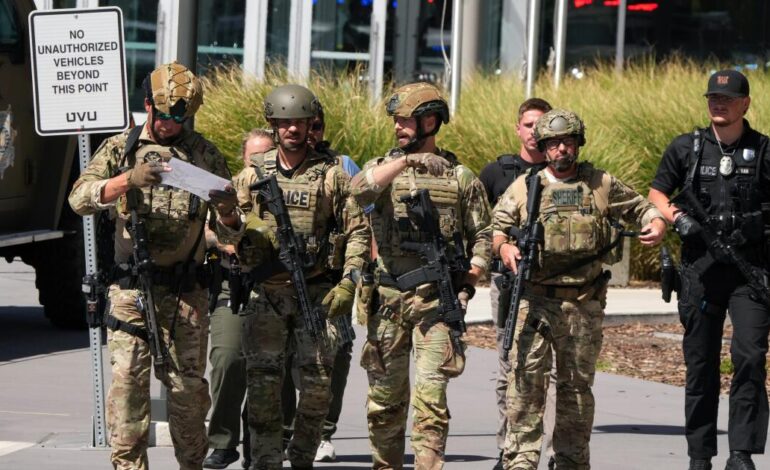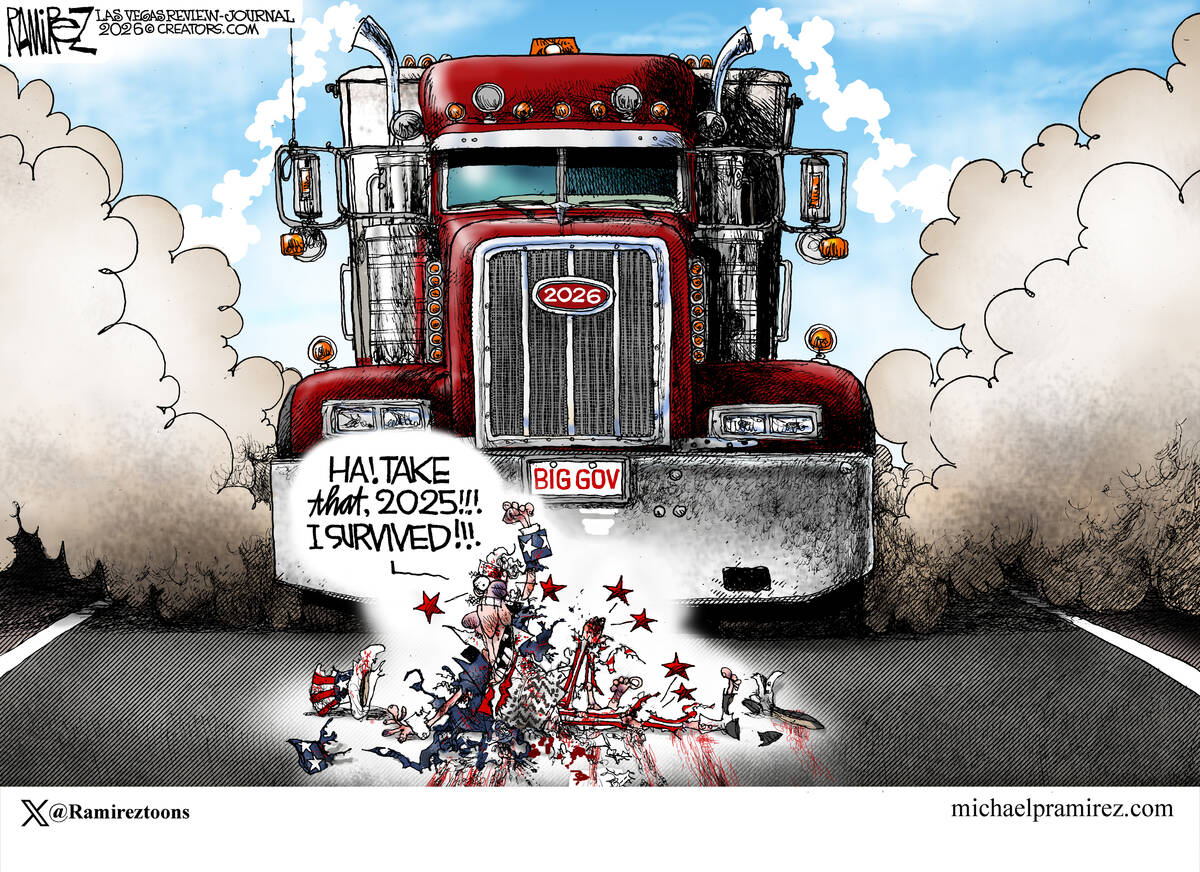Readers Urge Political Compromise Amid Rising Polarization

In response to escalating political polarization in the United States, several readers have expressed a strong desire for compromise across ideological divides. Their comments, published in reaction to Kevin Rector’s article titled “A new era of American political violence is upon us. How did we get here? How does it end?” on September 11, highlight a pressing need for dialogue and understanding.
Jonathan Kaunitz, a Santa Monica resident, reflects on the political climate reminiscent of the late 1960s and early 1970s. He cites the song “For What It’s Worth” by Buffalo Springfield, emphasizing the urgency for young people to move beyond demonizing those with differing viewpoints. Kaunitz argues that finding common ground is essential for the nation’s future.
The idea of binary thinking—a tendency to view issues in black-and-white terms—was raised by Sheldon Kardener, also from Santa Monica. He notes that while humans often think in binary terms until reaching the “age of reason,” societal influences, particularly in politics and technology, have perpetuated this simplistic mindset. Kardener suggests that embracing more nuanced, analog thinking is critical for resolving complex issues and avoiding the extremes of political discourse.
Lewis Rosenthal from Los Angeles adds that leaders, particularly former President Donald Trump, should advocate for a more conciliatory approach. He believes that a genuine call for compromise from prominent figures could significantly reduce the inflammatory rhetoric currently present in political discussions. Despite his views, Rosenthal expresses skepticism about the likelihood of such leadership.
Echoing sentiments about the ideological divide, Ken Artingstall from Glendale points out the paradox of perceived political echoes from the pre-Civil War era during Trump’s presidency. He questions why similar observations were not made when the Biden administration was in power, highlighting the complexities of political narratives.
In a critique of prevailing political strategies, James Rodriguez from San Bernardino argues against the notion of “public square warriors” who he believes exacerbate divisions. He calls for a focus on compromise, which he views as the only viable solution for the current political landscape.
Valerie Lezin, also from Los Angeles, emphasizes the responsibility of columnists to present a balanced view of political violence. She notes that selective reporting, which excludes attacks on individuals from diverse backgrounds, can contribute to further polarization and potential violence.
Reflecting on the cultural shifts of the past, Carole Lutness from Valencia recalls the era of the 1950s when discussing politics and religion was often avoided. She expresses concern that a return to such silence may be necessary in today’s polarized environment, yet she hopes for a more open exchange of ideas.
The call for compromise and understanding among differing political ideologies echoes a broader sentiment among the public, highlighting the urgent need for constructive dialogue to address significant issues facing society. As readers engage in these discussions, the hope remains that meaningful conversations can lead to a more unified and less divisive political landscape.






